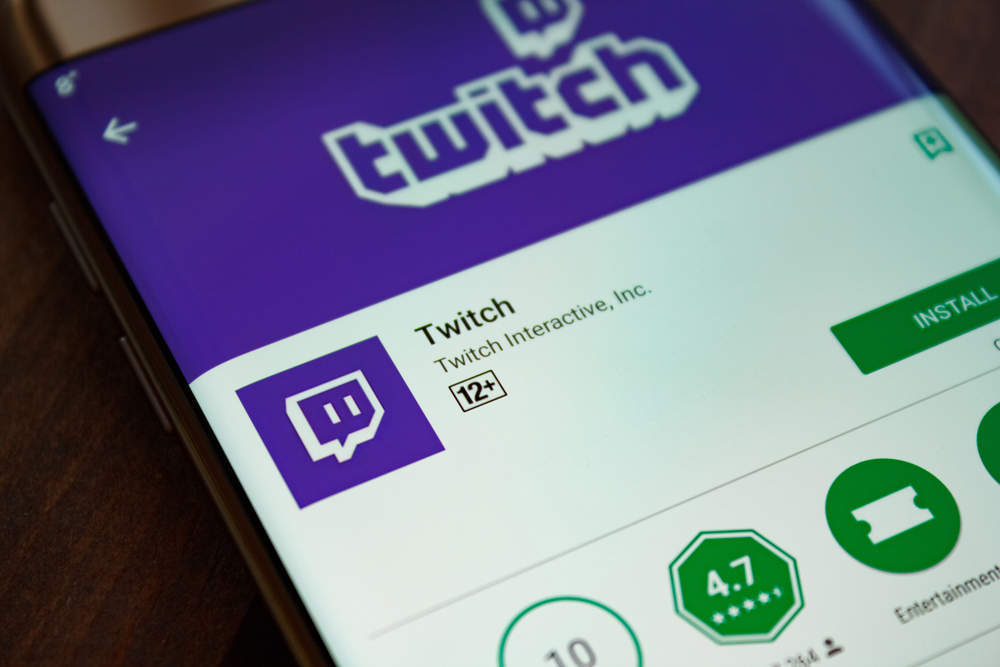
With just hours to go until the Overwatch League gets underway, Twitch has struck a last-minute deal with Blizzard to secure the streaming rights for the highly-anticipated esports competition.
The popular video game streaming platform has agreed to pay $90m for the rights to stream the competition.

Access deeper industry intelligence
Experience unmatched clarity with a single platform that combines unique data, AI, and human expertise.
The deal will see all regular season and postseason content aired on the platform in English, French and Korean. The deal will come into effect immediately, starting with San Francisco Shock’s clash with Los Angeles Valiant tonight.
Twitch has initially acquired the rights to stream the competition for the first two seasons.
The announcement has come as a surprise. It was assumed that Blizzard would use the expected popularity of the Overwatch League to pull fans to their own Major League Gaming streaming service. MLG will still air parts of the competition, half of all regular season games, to be exact. However, Twitch is the only platform with exclusive rights to the entire Overwatch League competition.
Why has Blizzard partnered with Twitch?
While unexpected, this move will put the Overwatch League in front of a bigger audience. Blizzard hopes to build esport’s showpiece competition and to do so they need to reach as many viewers as possible.

US Tariffs are shifting - will you react or anticipate?
Don’t let policy changes catch you off guard. Stay proactive with real-time data and expert analysis.
By GlobalDataAccording to SuperData’s 2017 Esports Market report, 87 percent of viewers in the United States turn to Twitch for esports content.
With more than 15m daily active users, Twitch is the biggest video game streaming platform around. Likewise, Overwatch was one of the most viewed esports titles on Twitch last year, which likely contributed to Blizzard’s decision.
Jurre Pannekeet, Head of Esports at gaming market intelligence company Newzoo, told Verdict:
“The decision to partner with Twitch is logical, as they want to reach as many viewers as possible in the first season of the league, while there is still a lot of buzz around it.”
Coupled with the $90m figure reported by SportsBusiness Daily, it’s no wonder that Blizzard agreed to the deal.
How does this compare to past esports streaming deals?
This is believed to be the biggest content licensing deals in the history of esports. At $45m-a-year, it just edges out the $42.8m-a-year deal that video game publisher Riot Games agreed with Disney-owned tech company BAMTech back in 2016.
BAMTech agreed to pay $300m for exclusive rights to develop and distribute esports tournaments using Riot’s extremely popular League of Legends title. The agreement puts them in charge of all future LoL distribution and live broadcasts until 2023.
$90m is a large figure for Twitch to splash out, especially when you consider that the Overwatch League has yet to get underway. While early expectations are high, there is no guarantee that will lead to success.
However, according to Pannekeet, the Overwatch League twitch deal presents a big opportunity for the streaming platform:
“For Twitch, it presents the opportunity to have partly exclusive rights to potentially one of the biggest esports leagues in the world for the next two years.”
Streaming platforms tend to remain tight-lipped on such deals. However, the sale of streaming rights is a growing trend in esports. Tournament organisers are continuing to search for new ways to capitalise on the industry’s growing popularity. So it seems, selling the rights offers higher rewards than advertising revenue does.
YouTube announced last year that it has secured the rights to air two major Counter-Strike: Global offensive tournaments. The ESL Pro League and Esports Championship Series are now shown exclusively on YouTube, as they attempt to keep up the pace with Twitch.
Likewise, traditional broadcasters have also been keen to get in on the action. United Kingdom sports provider BT Sport struck up a deal with esports company Gfinity last year to air coverage of popular games such as Rocket League.







